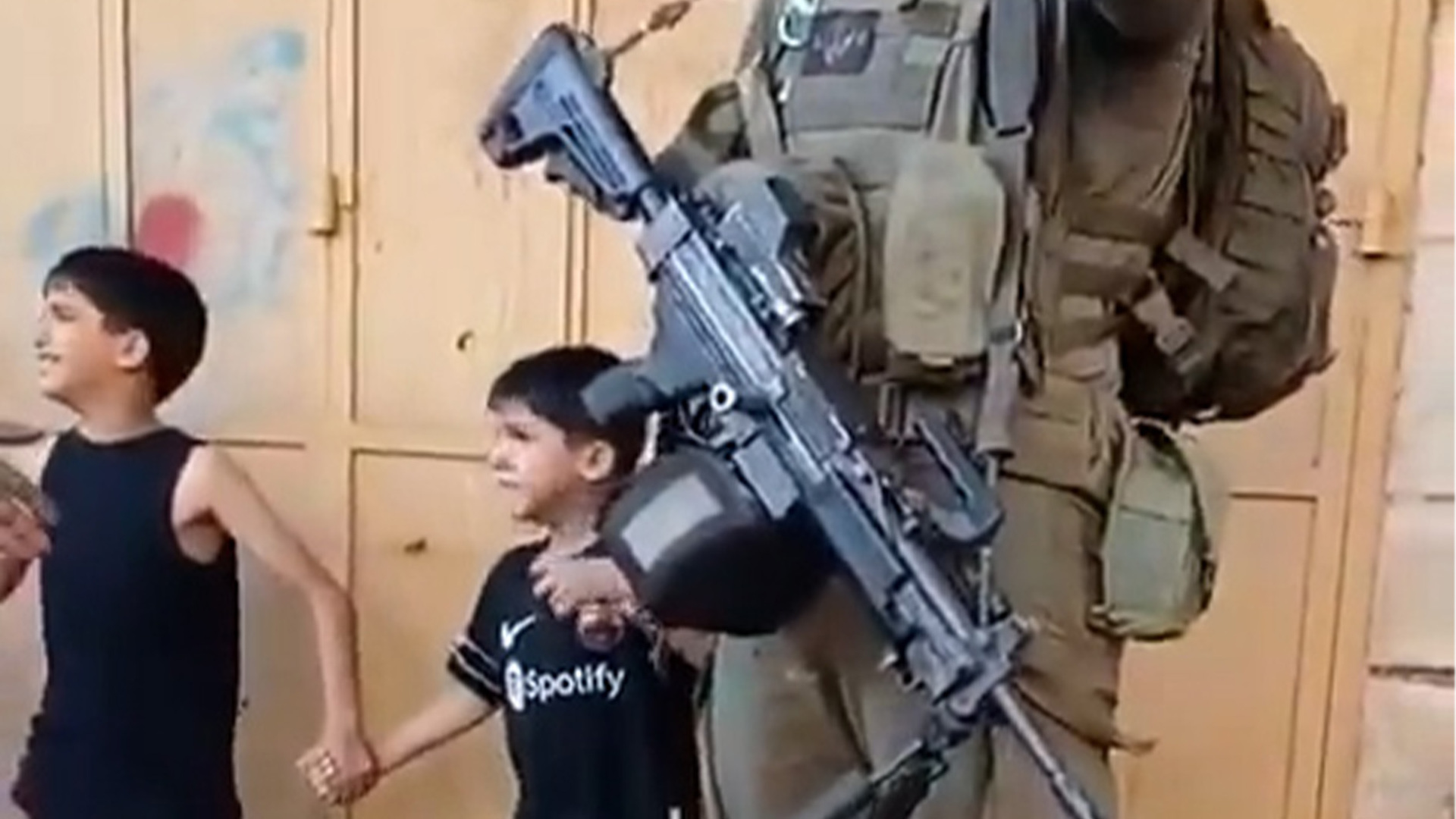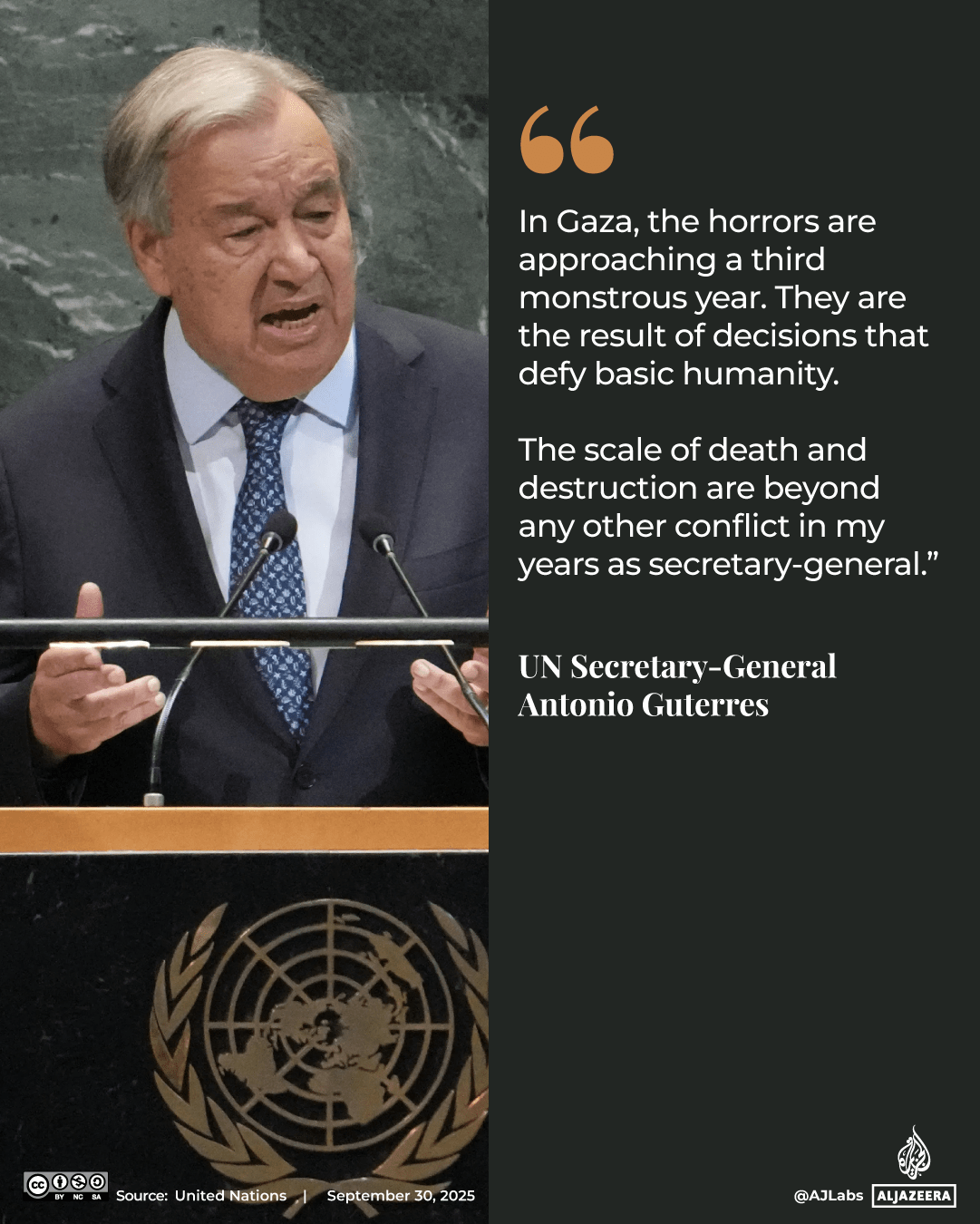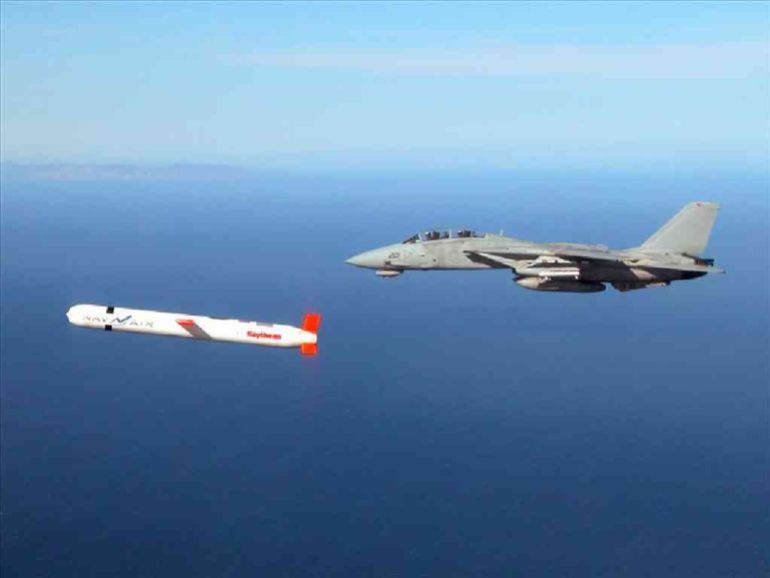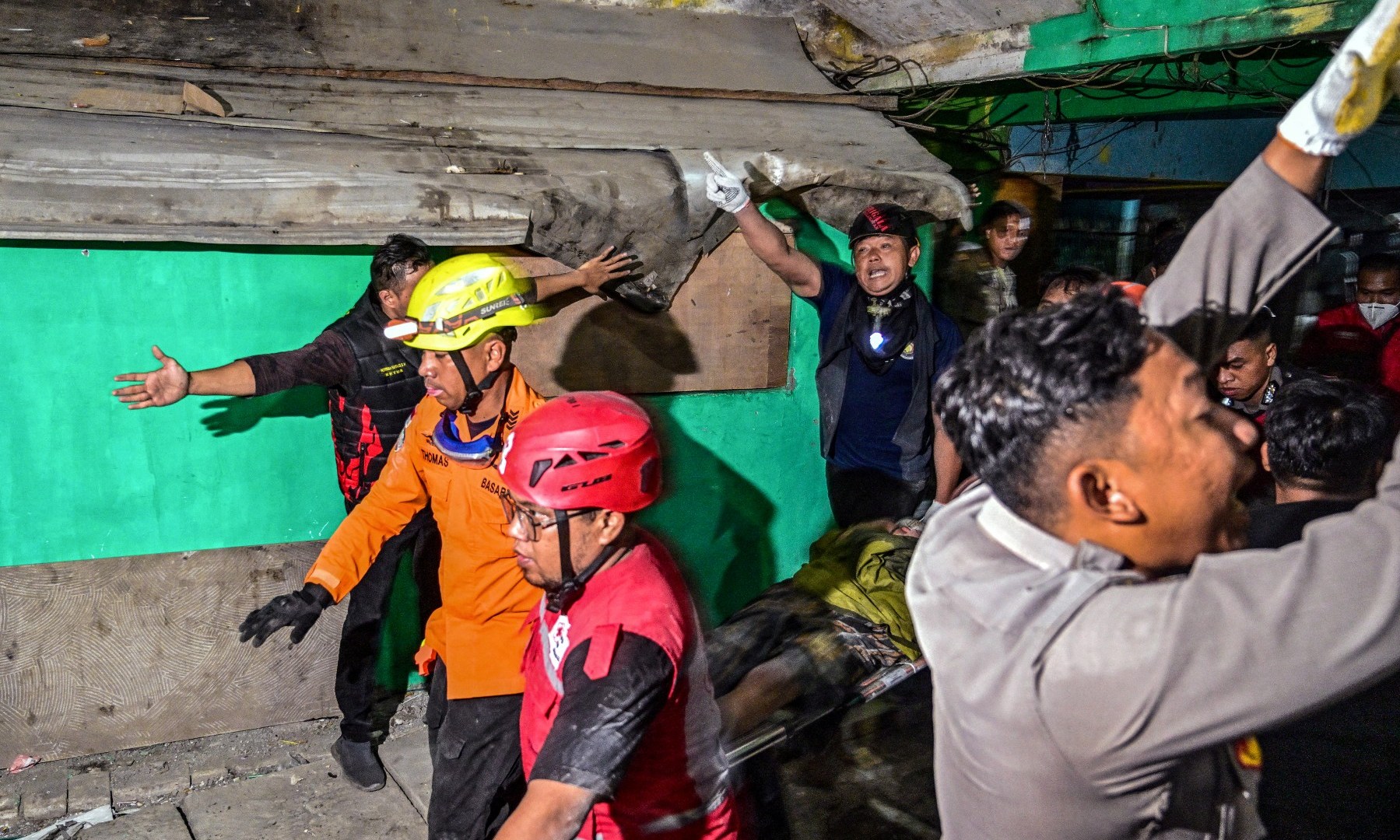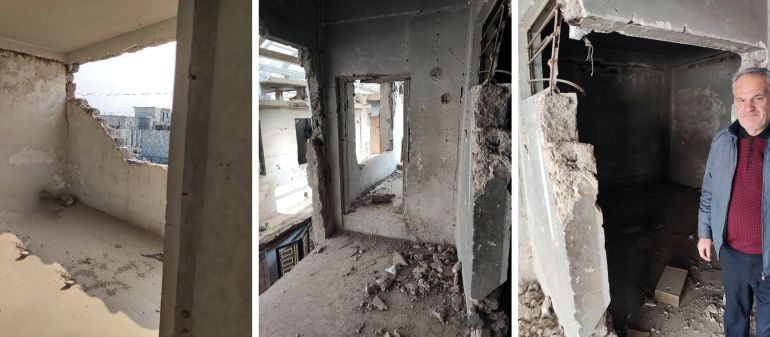World leaders gathered in New York from September 23 to 29 for the 80th session of the United Nations General Assembly (UNGA).
Israel faced growing isolation as speaker after speaker condemned its ongoing war on Gaza, and delegates from multiple countries staged walkouts when Israeli Prime Minister Benjamin Netanyahu took the stage. Many diplomats left the chamber in protest during his speech.
Outside the UN headquarters, large crowds filled the streets in support of Palestinians and to protest against Netanyahu, who faces an International Criminal Court (ICC) arrest warrant for alleged war crimes. While the United States and a small group of allies continued to stand by Israel, the overwhelming chorus of criticism highlighted its growing isolation on the global stage.
Below are notable quotes from leaders around the world on Israel’s genocidal war.
UN chief
UN Secretary-General Antonio Guterres described the war on Gaza as unlike any other conflict he has witnessed during his tenure, warning of its devastating scale. He pointed to International Court of Justice (ICJ) rulings that ordered Israel to prevent genocide, allow investigations and enable greater humanitarian access.
Brazil
By tradition, Brazil is always the first country to speak, a practice that began in 1955 when it volunteered to open the debate.
President Luiz Inacio Lula da Silva framed Palestine as the starkest example of disproportionate and illegal use of force.
He cautioned that the Palestinian people risk disappearing unless they achieve an independent state fully integrated into the international community.

United States
Next to the podium was US President Donald Trump.
In a nearly hourlong speech, Trump dismissed the role of the UN, criticised immigration and climate policies, praised US military strength, and attacked European allies for national decline.
On Palestine, he demanded the immediate release of all captives and warned that unilateral recognition of a Palestinian state would amount to “a reward to Hamas for its horrible atrocities”.

Indonesia
President Prabowo Subianto told the UNGA that Indonesia is ready to deploy 20,000 peacekeepers to Gaza – or “anywhere” peace is needed, including Ukraine.
Framing Gaza’s plight through Indonesia’s own history of colonial suffering, he drew parallels between his nation’s past and the struggles of Palestinians today.
He urged the UN not to remain silent while Palestinians are “denied justice and legitimacy” in its very hall, reminding delegates that the institution exists to defend both “the strong and the weak”.

Turkiye
Turkish President Recep Tayyip Erdogan opened his speech by criticising Washington for denying visas to Palestinian Authority (PA) officials, including President Mahmoud Abbas, in violation of the UN host agreement.
Erdogan devoted much of his address to Israel’s war on Gaza, showing delegates photos of women waiting for food and a severely malnourished child. “Can we possibly have a reasonable reason for this brutality in 2025?” he asked, calling the situation one of humanity’s darkest moments.
He demanded an immediate ceasefire, unhindered humanitarian aid and accountability for those committing genocide.

Jordan
Jordan’s King Abdullah II warned that failing to address the war on Gaza would “signal acceptance of the situation and abandonment of our humanity”. He described the conflict as “one of the darkest moments in this institution’s history”, stressing that Palestinian suffering has spanned the very lifetime of the UN.
He argued that interim agreements have failed, often serving only as a cover for Israel’s land grabs, settlement expansion and home demolitions.
Lasting security, he said, will come only through a two-state solution – an independent and viable Palestinian state with currently occupied East Jerusalem as its capital, alongside Israel.

Qatar
Qatar’s Emir Sheikh Tamim bin Hamad Al Thani condemned Israel for what he called a “treacherous attack” on September 9 that targeted a Hamas negotiating delegation in Doha. He described the strike as a political assassination that undermines diplomatic efforts to end the genocide in Gaza, arguing it shows Israel has become a “rogue state”.
He warned that Israel’s real aim is to render Gaza uninhabitable.
“Their goal is to destroy Gaza so that it is unlivable and where no one can study or receive treatment.”

South Africa
South African President Cyril Ramaphosa used his UN address to highlight the case his country is leading at the ICJ, pressing for a ruling that Israel is committing genocide in Gaza. He cited a recent UN commission report that reached the same conclusion.
He noted a “growing global consensus” that Israel is committing genocide, and said South Africa’s case aims to “save lives by insisting that the ICJ should rule that genocide is being committed in Gaza – and that it must stop.”

Lebanon
President Joseph Aoun told the UNGA that while he speaks of peace, development and human rights, many Lebanese citizens face death daily, parts of Lebanon remain under occupation, and the country lives in “persistent uncertainty”.
Aoun called for the full implementation of UN Security Council (UNSC) Resolution 1701, demanding an end to Israeli aggression, the withdrawal of occupying forces from Lebanese territory, and the release of Lebanese prisoners from Israeli jails.
On Gaza, Aoun said the devastation must end immediately, and he reaffirmed Lebanon’s support for a two-state solution as the only path to lasting peace.

France
Following France’s decision earlier in the week to formally recognise Palestinian statehood, President Emmanuel Macron called on more countries to follow suit in the name of peace.
He said the UN’s 80th anniversary must be a moment of renewal.
Macron backed the New York Declaration, signed by 142 states, which calls for the release of captives, stabilisation of Gaza, dismantling of Hamas and recognition of Israel and Palestine. He urged remaining countries to endorse it and pressed for a political solution that ensures lasting peace.

Colombia
Colombian President Gustavo Petro accused the UNGA of being a “mute witness” to genocide in Gaza, where more than 60,000 people have been killed.
He urged member states to bypass the UNSC’s repeated vetoes and take binding action through the UNGA.
“Diplomacy has been tried in Gaza,” Petro said, warning that every day “more children die, more bombs fall, more bodies are destroyed”.

Spain
Opening the second day of the General Debate, Spain’s King Felipe VI told the UNGA that “the dignity of the human being is non-negotiable”, describing the UN as “indispensable and irreplaceable” in defending a rules-based order against the “law of the strongest”.
Turning to Gaza, he condemned the devastation and mass displacement caused by Israel’s war, while denouncing Hamas’s October 7, 2023 attacks.

Syria
President Ahmad al-Sharaa, addressing the UNGA for the first time since Syria’s political transition, framed its recent history as a struggle between “truth and falsehood”, marked by years of tyranny, war crimes and destruction.
Al-Sharaa warned against renewed Israeli threats during Syria’s fragile transition, reaffirming his country’s commitment to sovereignty and dialogue. He called for the lifting of sanctions, inviting international investment to help rebuild the nation.
On Gaza, he said Syria’s own suffering makes it “stand firmly with the people of Gaza”, and called for an immediate end to the war.

Iran
Iranian President Masoud Pezeshkian framed the UN’s 80th anniversary theme – “Better Together” – as a call to solidarity rooted in timeless moral principles shared across faiths and philosophies: to desire for others what one desires for oneself. He urged leaders to return to these values, warning that today’s global order falls dangerously short.
Pointing to what he called “genocide in Gaza”, the destruction of homes in Lebanon, Syria’s devastation, Yemen’s famine, and the assassination of Iranian scientists, he condemned repeated violations of sovereignty carried out under the guise of self-defence. Such acts, he said, betray the very foundations of humanity.

Palestine
In a prerecorded video message, Palestinian President Mahmoud Abbas told the UNGA that Gaza has endured “a war of genocide, destruction, starvation and displacement” that has killed or wounded more than 220,000 people, mostly civilians.
He denounced Israeli settlement violence and rejected Netanyahu’s vision of a “greater Israel”, accusing settlers of killing Palestinians “in broad daylight under the protection of the occupation army”.
Abbas also distanced the PA from Hamas, condemning its October 2023 attacks and insisting the group “will not have a role to play in governance” in Gaza.

Ghana
Ghanaian President John Dramani Mahama sharply criticised the ongoing war in Gaza and the treatment of the Palestinian delegation at the UN.
He warned that the denial of visas to PA leader Abbas and his team “sets a bad precedent” for the UNGA, stressing that Ghana has long recognised the State of Palestine and supports a two-state solution.

United Kingdom
UK Deputy Prime Minister David Lammy called the situation in Gaza “indefensible” and “utterly unjustifiable”, urging an immediate end to the suffering. He said Palestinians – whose state the UK had just recognised – and Israelis “deserve better”.
While condemning Hamas’s October 2023 attacks, Lammy also denounced Israel’s blockade of aid that has driven famine in Gaza, insisting that only urgent diplomatic action could end the crisis.

Yemen
Rashad Mohammed al-Alimi, president of Yemen, described Gaza as a “wound that continues to bleed”, describing both Yemen and Palestine as “the moral testing ground” for the UN – places where the “might of right” must confront the “right of might”.
Expressing solidarity with the PA, he urged all states that have not yet recognised Palestine to do so.

Israel
Prime Minister Benjamin Netanyahu told the UNGA that Israel has crushed Hamas, Hezbollah, now-ousted Syrian President Bashar al-Assad’s forces, and Iran’s proxies, while severely damaging Iran’s nuclear and missile programmes in a joint campaign with the US. He warned that Iran must not be allowed to rebuild its military nuclear capacities, urging UN sanctions to “snap back”.
He recounted the October 2023 Hamas attacks as the worst massacre of Jews since the Holocaust and accused Hamas of using civilians as human shields. He rejected accusations of genocide, arguing Israel has taken unprecedented measures to minimise casualties while providing food aid to Gaza.
He insisted Israel will never accept a Palestinian state imposed after the October 2023 attacks.

Pakistan
Pakistani Prime Minister Shehbaz Sharif told the UNGA that Israel’s “genocidal onslaught” in Gaza has unleashed “unspeakable terror” on women and children, calling it one of the darkest chapters in history. He urged immediate action for a ceasefire, saying the world “failed Hind Rajab”, the Palestinian child whose final pleas were broadcast globally.
Sharif reaffirmed Pakistan’s support for a sovereign Palestinian state with pre-1967 borders and East Jerusalem as its capital, urging more countries to follow recent recognitions of Palestinian statehood.

Ireland
Taoiseach Micheal Martin, the Irish prime minister, told the UNGA that Gaza is now a “catastrophe of the most monumental and consequential kind”.
“We are all witnesses to the immense wrath of one of the world’s most modern and best-equipped armies brought to bear on a trapped and defenceless civilian population,” he declared.

Bangladesh
Muhammad Yunus, chief adviser to the interim government of Bangladesh, said Dhaka agrees with a UN human rights commission’s finding that Israel has committed genocide in Gaza.
“We do agree with the UN independent international inquiry commission that we are witnessing a genocide happening live,” he said.

Russia
Russia’s Foreign Minister Sergey Lavrov said Israel is seeking to “blow up” the whole of the Middle East as he criticised its attacks on Iran and Qatar and opposed calls to annex the occupied West Bank.
He questioned the delay in recognising Palestine by Western governments, suggesting they hoped there would soon be “nothing and no one left to recognise”.
Calling for urgent action to preserve Palestinian rights, he linked the Gaza war to a wider pattern of Western double standards, accusing the US and its allies of sabotaging diplomacy and undermining the UN system.

Saudi Arabia
Saudi Foreign Minister Prince Faisal bin Farhan Al Saud condemned Israel’s “brutal and unchecked” practices in Gaza, including starvation, forced displacement and systematic killing, stressing the famine designation by the Integrated Food Security Phase Classification (IPC).
He called for urgent action to end the aggression. He welcomed new recognitions of Palestine by countries including France, the UK, Canada, Australia and several European states.
